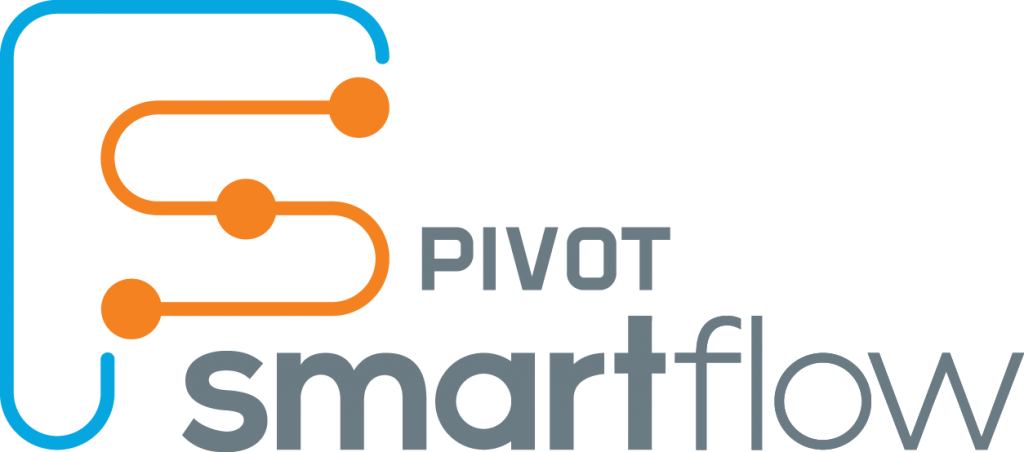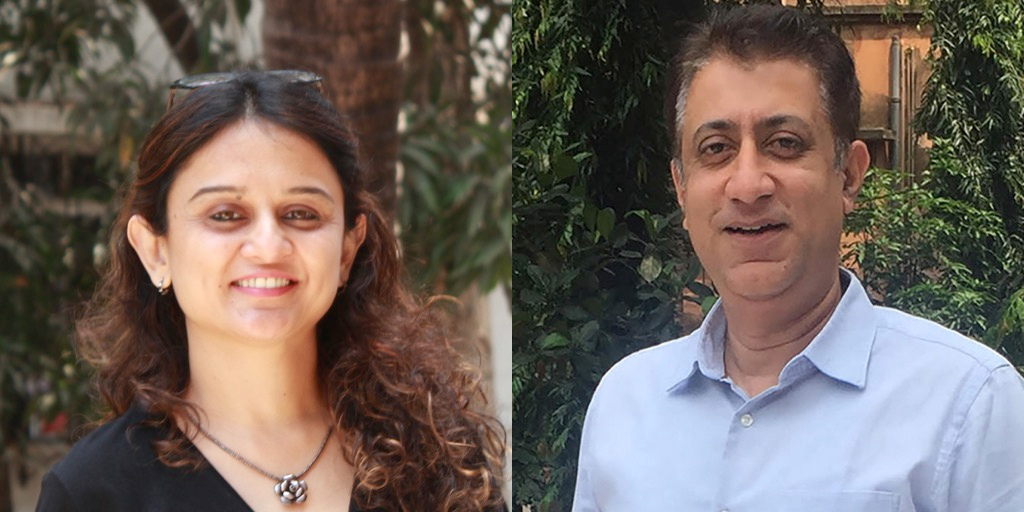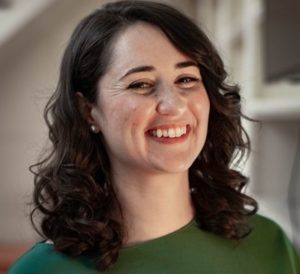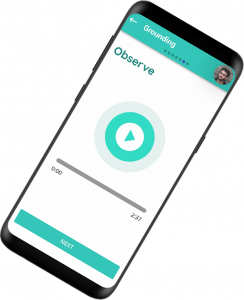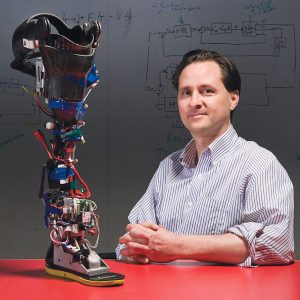Touch Surgery: Digital Innovation Empowering Medical Sciences
Edtech is one of the booming industries today, and would you believe it if we tell you that you can also learn the complete procedure of a surgery simulated in an operating room on your smartphones? Believable enough, but most of us would have not thought of it yet, right? Medical studies are the most expensive of all and getting to see and learn the procedure for all types of surgeries is not even possible for those studying medical sciences. The same thought came into the minds of two medical residents at the Imperial College London, Jean Nehme, and Andre Chow, and they end up developing Touch Surgery.
Touch Surgery
Touch Surgery has played a vital role in transforming the medical world with the help of digital technology. It is a training app for medical students that simulate surgical procedures, validated by 19 independent peer-reviewed publications. The company Digital Surgery LTD is the parent company of Touch Surgery, having its headquarters in three major cities, i.e. London, New York City, Auckland, and Sydney. In the beginning, the company name was Kinosis and later was changed to Digital Surgery, to reflect the border scope and mission of the company.
Digital Surgery is a healthcare technology company that is using digital technology to help in making all the surgeries even safer. The app includes a near to reality simulator and AI-powered surgical video management platform, offering accurate surgical content for the doctors to enhance their skills and for the medical students to practice in the operating room.
The interactive simulator of Touch Surgery helps the medical trainees to learn the step-by-step surgical procedure and test their knowledge and skills related to medical operations, through the simulator. Most importantly, it helps in enhancing their skills of decision-making in a real-time environment. The app has also proved to be useful for patients who are about to go under surgery. They use this app to know more about their surgical procedure.
Digital Surgery tied up with Microsoft in 2018 to use Microsoft’s under development Microsoft Hololens (mixed reality smartglasses for surgery) to accomplish the company’s mission of safe surgery for all. The app includes around two hundred surgery training in seventeen different specialties and is used by many medical institutions to provide the ‘to-be doctors’ with a great learning experience. Currently, the app has got over 2 million users registered to it. The Dublin-based Irish company Medtronic, a Medtech conglomerate, acquired Touch Surgery for an amount of $500 million in 2020.
The Idea Behind Touch Surgery
Jean Nehme and Andre Chow the co-founders of Touch Surgery was still working as medical residents at the Imperial College London when they thought of the idea. Since the two were residents, they did not have the access to the resources that could help them enhance their skills as a surgeon. They realized that most of the medical students do not get to try their hands on all types of surgical procedures lacking additional experience. The only source to help them to enhance their skills was surgical simulators, but these too were too expensive to get.
This led the two to think of a cheaper and more accessible simulator for all, i.e. Touch Surgery. They discussed the idea of Touch Surgery in 2010 and founded the app in 2012. The idea was innovative and useful so, they easily got connected to many investors for their research and development work too. Today, Touch Surgery has partnered with numerous surgeons, combining their expertise and digital technology to empower the surgical community.
The Founders Touch Surgery
Jean Nehme has got an MBBS BSc MRCS MSc (Hons) and specializes in plastic surgery. Nehme is an awardee of multiple awards for his research work in innovation and his contribution to digitizing medical education. He has been named as one of the most influential 500 people in the UK by Debrett. On the other hand, Andre Chow is a general surgeon.
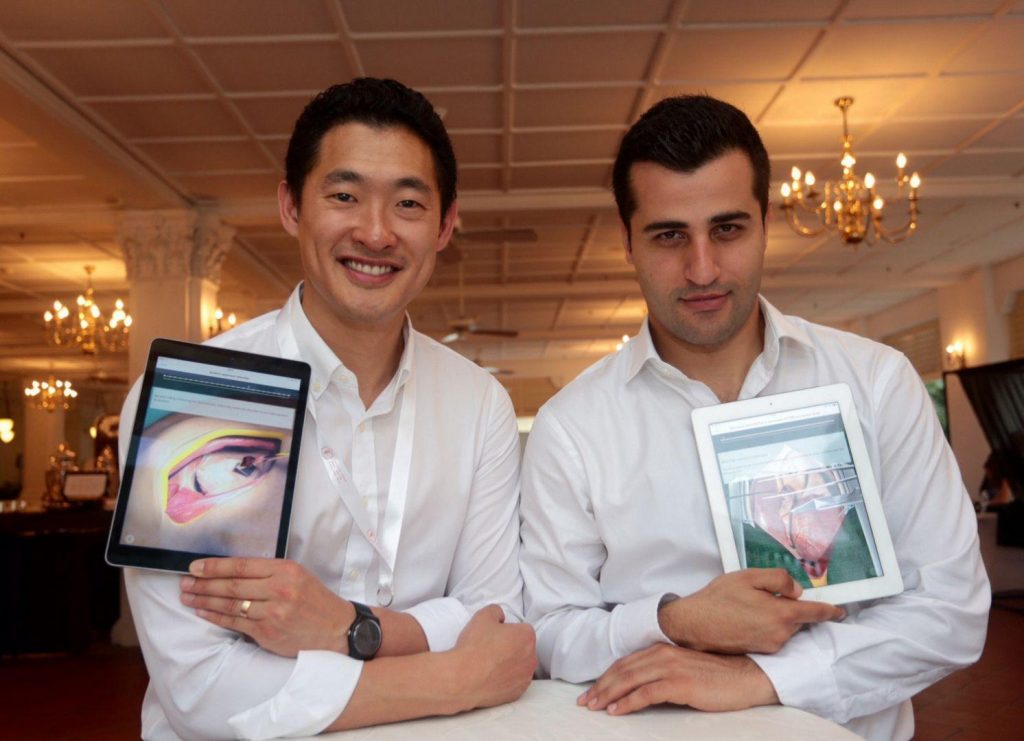
Image Source: balderton.com
Both the co-founders graduated from the Imperial College School of Medicine in London. During the time, the two thought of developing Touch Surgery, Chow was pursuing a Ph.D. in Stem Cells and Biotechnology. Currently, Jean Nehme is working as the CEO, and Andre Chow is working as the COO of Touch Surgery.

Yashica is a Software Engineer turned Content Writer, who loves to write on social causes and expertise in writing technical stuff. She loves to watch movies and explore new places. She believes that you need to live once before you die. So experimenting with her life and career choices, she is trying to live her life to the fullest.

